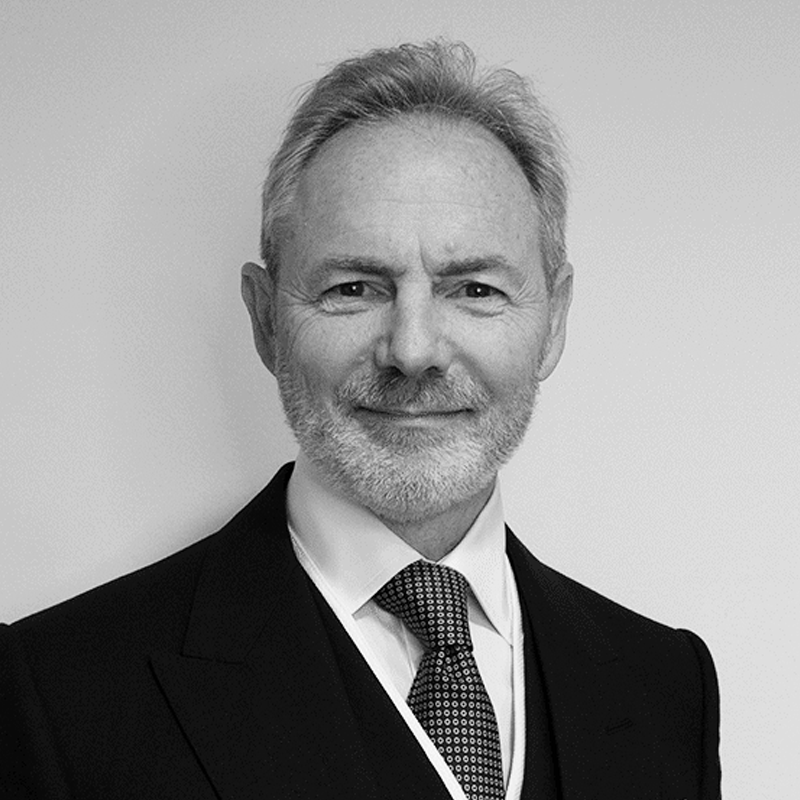A recent report from Edhec Business School claims to have found signs that the ESG market is reaching maturity and could become a victim of its own success. Over the past decade, ESG stocks have fared well, but much of that excess return came in 2020 due to a significant multiple expansion. So, there is a basic logic that buying into ESG right now might infer lower expected returns over the short-term – when P/E multiples hit 100, probabilities begin to narrow. And it is also true that there is, as yet, no firm consensus that ESG is a factor equivalent to value, momentum etc.
Read our Second Quarter Sustainability Report
Either way, neither of these observations are of any great concern to SKAGEN. As an active owner, the SKAGEN approach is to focus on change when engaging with our portfolio companies where we see there is a need for improvement. Since companies that improve their approach to sustainability will flourish and their price will go up. And the simple fact is that price still matters. ESG is no holy grail that will provide abnormal returns forever, but helping change companies for the better (either in terms of financials or sustainability) will always be as relevant as ever, both to long-term excess return and to leaving the world a better place.
Of course, changing companies for the better is hard work and, over the past quarter, SKAGEN has held a high number of dialogues with portfolio companies. In this, it is evident that companies feel the pressure to be as competitive as possible on sustainability against their peers to please customers, investors, and other stakeholders alike. This is encouraging. I like to think this represents a maturing of the corporate model that reflects greater appreciation of what constitutes value creation; money and capital as means to an end and not an end in themselves.
Positive change is incremental
Being competitive is not just about transformational change; most positive change is incremental if not invisible – an observation well-made by the late Hans Rosling, a great friend of SKAGEN. This kind of incremental change is hard, unglamorous, and often eclipsed by the noise around both transformational change and negative outcomes. It requires continuous engagement and follow-up, and it requires a skill and capacity not easily replicated. It is work that SKAGEN is pleased to do and has done for nearly twenty years.
On gender
One area where the finance industry needs to change is that of gender balance. Even in Norway, females are under-represented in the key investment and leadership roles. SKAGEN is therefore pleased to be amongst the founder signatories to the recently launched Women in Finance Charter here in Norway. This scheme, that originated in Great Britain in 2016, aims to engender a better gender balance in finance through explicit and measurable commitments. And, besides being the right thing to do, anything that improves diversity across the industry will improve both delivery and service to clients.
We hope you will enjoy our second quarter sustainability report.




